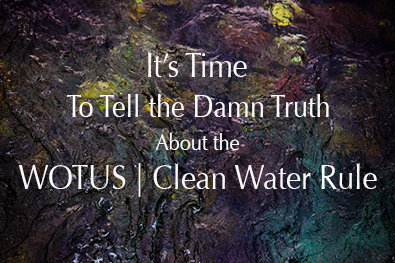Recently, there was a great Joe Posnanski post (its curiously long) about the last night of the MLB (baseball) regular season. For those unfamiliar, let me summarize (don’t worry, it will be quick, I understand the being unfamiliar with the end of the MLB regular season is a choice you’ve made). The last night of the regular season contained more drama, more unlikely endings to meaningful games, and more twists than perhaps any night of regular season baseball ever. I personally missed the whole thing because I was lecturing college students about their misguided use of the semicolon and because my team (The Phillies) locked up their playoff spot weeks ago. But once I saw the highlights and read the stories about what happened I really wished I had set the DVR, though I imagine that such a night is probably not best experienced on tape delay.
Anyway—back to Joe Poz and his argument—a night like that might tempt a baseball fan to try and convert all their non-baseball fan friends to the game. Look at this, you might say, it is incredible. And you’d be right about the incredible part, but I think Posnanski is arguing that you’d be doing your friends a disservice. To be a baseball fan, you have to love the game for what it is. It’s a game filled with a hundred moments of inactivity, of grown men staring at each other waiting for the other to act. A game of seven Tony Larussa pitching changes. It’s a game of failure, a game where reaching base 4 times out of 10 is considered an accomplishment (and yes, I do prefer to OBP to BA). It’s a game played a 162 times a season for each team, and winning a mere 60% of those games often gets you into the playoffs. It is a game that is filled with long silences—to steal a term from Thomas McGuane.
It is surely not a game that provides you with a host of nights like the last night of this year’s regular season.
I think there are some similarities between fly fishing and baseball in this respect. Sure, some fisherman nail them every time out, no matter what. But for many of us it is McGuane’s silences that define the pursuit of fish with a fly as much as it is the successes. In late spring of this year, I spent a full day on Wade Lake—eight hours of casting and changing flies—and got completely skunked. I’m not the world’s best angler, but I don’t get skunked regularly and I was surprised a bit by the whole affair. A month later I experienced some of the best fishing of my entire life (details not forthcoming). While those two experiences are both part of life as a fly angler, neither one is particularly representative of it. Most days on the water (at least for me) are a bit like a baseball game. There are stretches of inactivity that are thankfully interrupted by moments of unique excitement and satisfaction. Hopefully there are enough of the latter to make the former palatable. Either way, its these days of mixed success that make up the bulk of my fly fishing life.
Perhaps because of my often mediocre results, I can’t help but wonder about the staying power of an angler who cuts their teeth catching 26-inch rainbows in Alaska. It’s like being born at the top of the highest mountain, where can you go but down? I can’t help but think that—to grow and love this fishing business—one must have an appreciation for the 4-2 games during the middle of the season, the days when just a few fish rise, or even just one good fish. The days when we bring just enough fish to hand. Because it is these seemingly pedestrian trips that make the good days and the bad days just so memorable. Posnanski really nails it:
Baseball, like life, revolves around anticlimax. That’s what you get most of the time. You stand in driver’s license lines, and watch Alfredo Aceves shake off signals, and sit through your children’s swim meets, and see bases-loaded rallies die, and fill up your car’s tires with air, and endure an inning with three pitching changes, a sacrifice bunt and an intentional walk.
But then, every now and again, something happens. Something memorable. Something magnificent. Something staggering. Your child wins the race. Your team rallies in the ninth. You get pulled over for speeding. And in that moment — awesome or lousy — you are living something that you will never forget, something that jumps out of the toneless roar of day-to-day life.
I love how he groups the good and the bad—that “awesome” and “lousy”—together, because those two opposites are more alike than we might think. Thinking back on it now, I find myself almost as eager to return to Wade Lake and solve the mystery of my skunking as I am to relive that glorious experience of a month later. Funny how that works.
I also think that many of us look to fly fishing for an escape from the “toneless roar of day-to-day life.” But fly fishing—like baseball and so many other things—mirrors life as well as hides us from it. The toneless roar is more pleasing on the water, but those “staggering” moments are only memorable because they are unique. If they occurred on every trip, they would just be more background noise—and we would all be worse for it.

